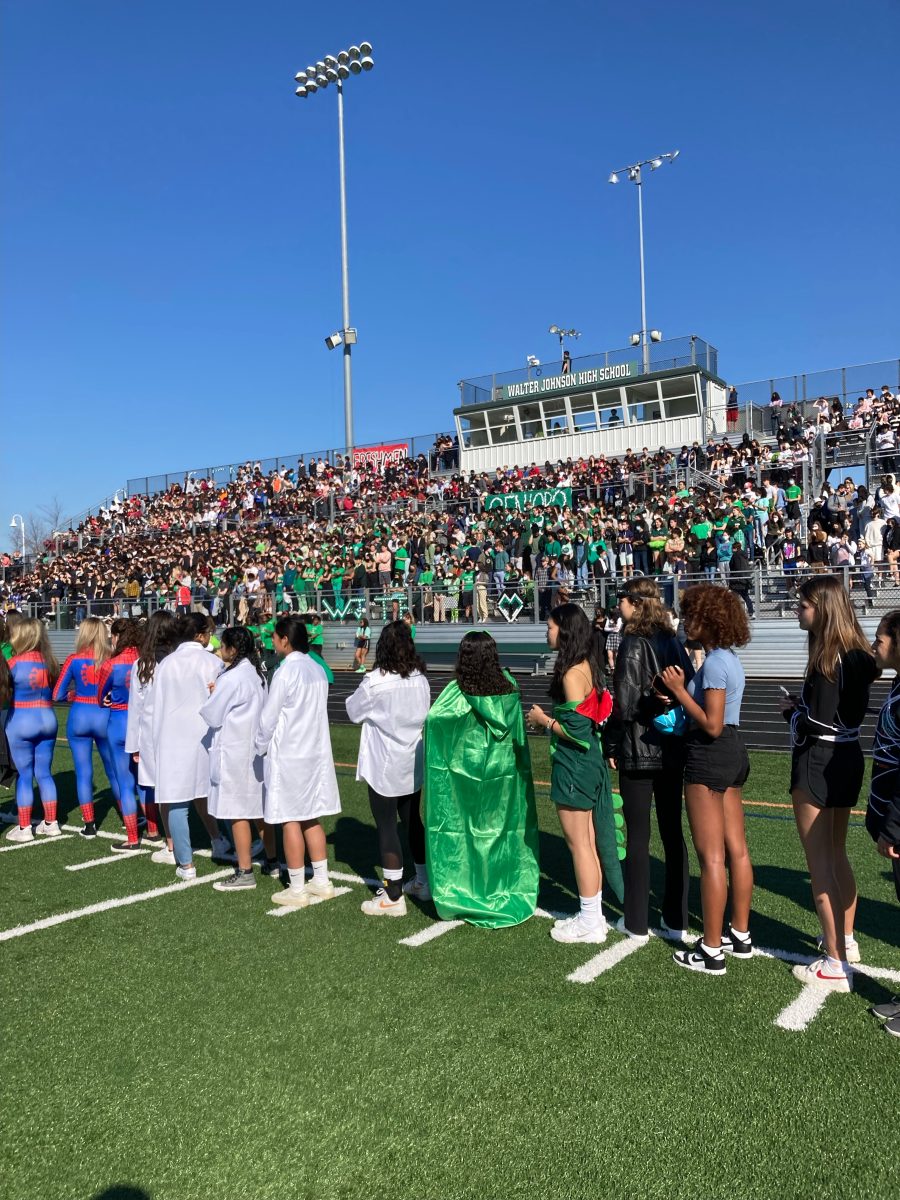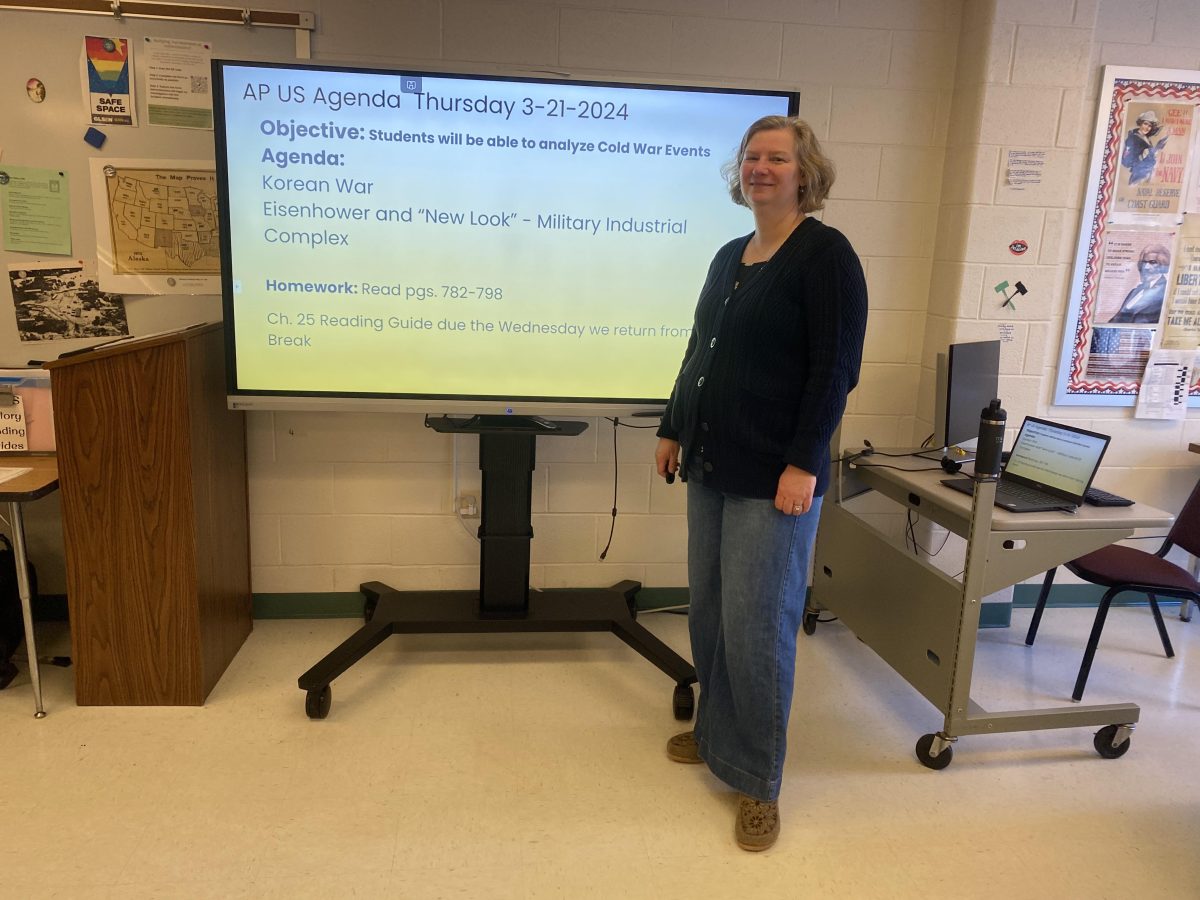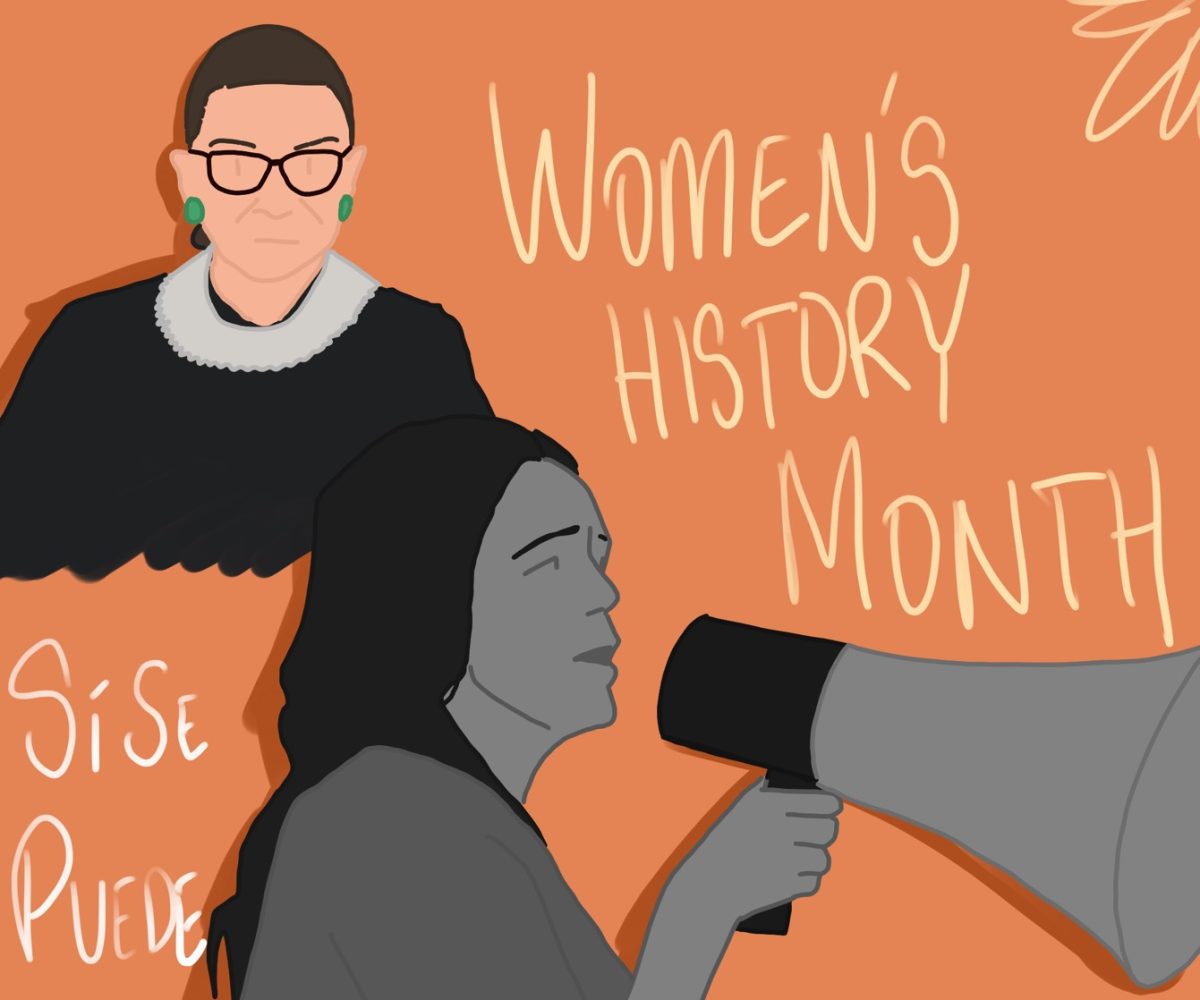With the release of each new iPhone or iPad comes a buying frenzy, since everyone wants to have the latest and best in electronics. Walking through the halls of WJ, one can see multiple students with their faces in the newest Apple product. But does anyone know where these technological marvels come from?
WJ students find the iPhone especially appealing. Sophomore Tae Woo Kim finds emoji and facetime favorable elements of the iPhone. Junior Lia Sorgen believes that the iPhone is a convenient device.
“The iPhone is very straightforward and easy to use,” she said.
However, WJ students’ love for the iPhone may be swayed by information regarding the production of the iPhone. An audit released by Apple in 2012 revealed that one of the companies that produces parts for Apple electronics, Foxconn, has plants in which workers are underage.
“I probably would have [bought the iPhone] but I would have had to think about it first and wouldn’t have bought it with ease [had I known about the underage labor used in its production],” said sophomore Kate Howie.
Other students would be deterred from buying the iPhone if the truth behind the production of the iPhone was more publicly known.
“I would definitely not buy Apple products if they used unlawful child labor or any other practices that violate human rights,” said Sorgen.
Junior Shannon McDonough does perceive possible exploitation in the production of the iPhone.
“A company that big can get away with a lot, so I bet they take advantage of that,” she said.
Foxconn is the largest contract electronics maker in the world. Foxconn is based in Taiwan and also supplies for Sony and Samsung.
An investigation by China Labor Watch in October 2012 revealed that Foxconn employs underage workers in China who work in substandard conditions. The Foxconn plants in China defy Chinese labor laws that set 16 as the minimum working age, and employ children as young as 14. According to The Voice of China’s radio show, “Breadth of News,” child-laborers are taken from nearby vocational schools, and a portion of their salary is appropriated to these schools. Not only are these children taken from their homes and forced to work long hours for a meager salary, their needy families don’t receive the full salary. In addition, the conditions in the factory are dangerous. Last year a blast at a Foxconn plant in Chengdu killed two and injured sixteen. Such blasts are not rare occurrences, and combined with the multiple injuries and deaths we never hear about, provide for a very unhealthy workplace. Foxconn is also notorious for a high rate of suicide among employees that is the result of the poor conditions and low wages employees must face. Foxconn and Apple do not endorse the employment of workers beneath the minimum legal age.
As part of its 2012 Supplier Responsibility Progress Report, Apple released an audit containing the names of the companies it outsources to and reports on these companies. Ninety-three of these companies employed more than 50 percent of their workers for longer than the 60-hour a week limit. Sixty seven facilities used deductions from pay as disciplinary measures. One hundred and twenty-six facilities had at least one item that did not comply with health and safety standards. Although Apple does not violate labor laws and standards directly, they pay for certain parts that were made by unethical means.
Apple’s release of this information exposes an effort to investigate and possibly minimize corruption and unethical behaviors within outsourced companies. Now that Apple will admit to corrupt practices among its contractors, it can take steps to eliminate these practices.
Apple also stopped using “conflict minerals” in its products as of April 2006. “Conflict minerals” are minerals, such as tungsten and tantalum, which are found in most electronics that are extracted from central Africa. The extraction industry there has instigated tribal warring and ethnic conflicts that have taken the lives of thousands. Apple only agreed to cease its use of conflict minerals after a provision in the Dodd-Frank Wall Street Reform Act that was signed by President Obama in July 2010 forced them to disclose the source of the minerals and prohibited the use of conflict minerals. Thus Apple’s steps forward in terms of the ethical production of its electronic marvels are prompted by litigation.
There is a high demand for cheap electronics. However, these products come with a price. iPhone owners do not experience these consequences. The rural Chinese children who have no choice but to support their families suffer the downside to the Apple craze that is taking over America. While the latest technology provides us with opportunities to communicate and interact instantaneously with people all over the world, there is an untold price to this commodity.













